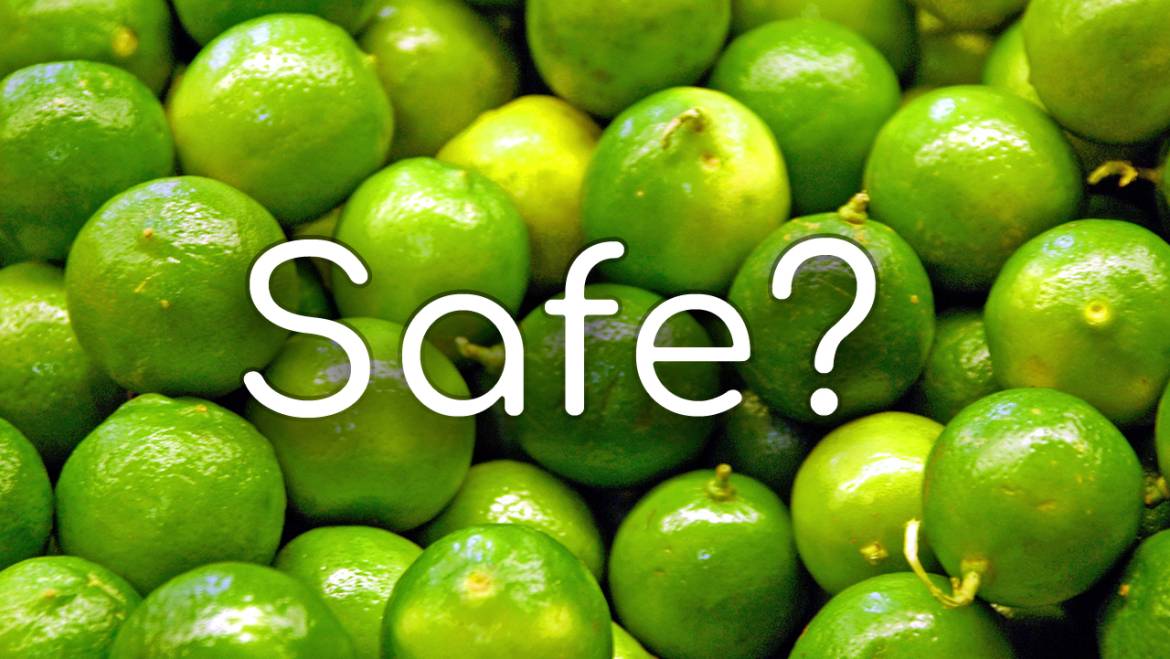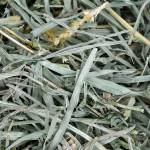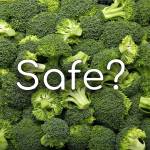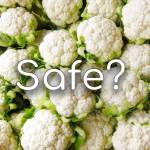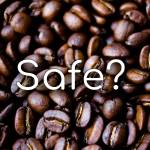Chinchillas are adorable and fun-loving pets that require a well-balanced diet to stay healthy. As a chinchilla owner, it’s natural to want to treat your furry friend to a variety of fresh fruits and vegetables. However, not all foods are safe for chinchillas, and some can even be harmful to their health. In this article, we’ll explore the question, “Can chinchillas eat limes?” and provide you with all the information you need to keep your pet safe and healthy.
Nutritional Value of Limes
Limes are a good source of vitamin C, which is essential for maintaining healthy skin, bones, and teeth. They also contain small amounts of vitamin B6, potassium, and dietary fiber. While these nutrients are beneficial for humans, it’s important to note that chinchillas have unique dietary needs and may not require the same nutrients as humans.
Can Chinchillas Eat Limes?
While chinchillas can technically eat limes, it’s generally not recommended. Citrus fruits like limes are highly acidic and can cause digestive upset in chinchillas. The high acid content of limes can irritate the delicate lining of your pet’s stomach and cause diarrhea or other digestive problems. Additionally, the high sugar content in limes can lead to weight gain and other health problems if consumed regularly.
Potential Health Risks of Feeding Limes to Chinchillas
Feeding limes to chinchillas can pose several health risks. As mentioned earlier, the high acid content of limes can irritate the lining of your pet’s stomach, leading to digestive upset. Furthermore, the high sugar content of limes can contribute to weight gain and other health problems if consumed regularly. In some cases, feeding citrus fruits like limes to chinchillas can even cause bladder stones, which can be painful and require veterinary care.
Safe Treats for Chinchillas
While limes are not recommended for chinchillas, there are many safe treats that you can offer your pet. Chinchillas enjoy a variety of fresh fruits and vegetables, including apples, bananas, carrots, and leafy greens like kale and spinach. It’s important to note that treats should only make up a small portion of your pet’s diet, and should be offered in moderation. Too many treats can lead to weight gain and other health problems.
Feeding Your Chinchilla a Balanced Diet
In addition to offering safe treats, it’s essential to provide your chinchilla with a balanced diet that meets their specific nutritional needs. Chinchillas require a diet that is high in fiber and low in fat and sugar. A high-quality pellet food should make up the bulk of your pet’s diet, with fresh hay provided daily. You can also offer your pet a small amount of fresh fruits and vegetables as treats, but these should not make up more than 5-10% of their daily diet.
It’s important to avoid feeding your chinchilla foods that are high in fat, sugar, or salt. Foods like chocolate, candy, and chips are not appropriate for chinchillas and can cause digestive upset or other health problems.
Signs of Digestive Upset in Chinchillas
If you do choose to offer your chinchilla a new food or treat, it’s important to monitor them for signs of digestive upset. Some signs of digestive upset in chinchillas include diarrhea, decreased appetite, lethargy, and bloating. If you notice any of these symptoms, remove the new food from your pet’s diet and consult with a veterinarian if necessary.
In conclusion, while chinchillas can technically eat limes, it’s generally not recommended due to the high acid and sugar content of these fruits. Feeding your pet a balanced diet that meets their specific nutritional needs is essential for keeping them healthy and happy. There are many safe treats that you can offer your chinchilla, including fresh fruits and vegetables, but these should be given in moderation. As always, it’s important to monitor your pet for signs of digestive upset and consult with a veterinarian if necessary. By providing your chinchilla with a healthy and balanced diet, you can ensure that they live a long and happy life.

